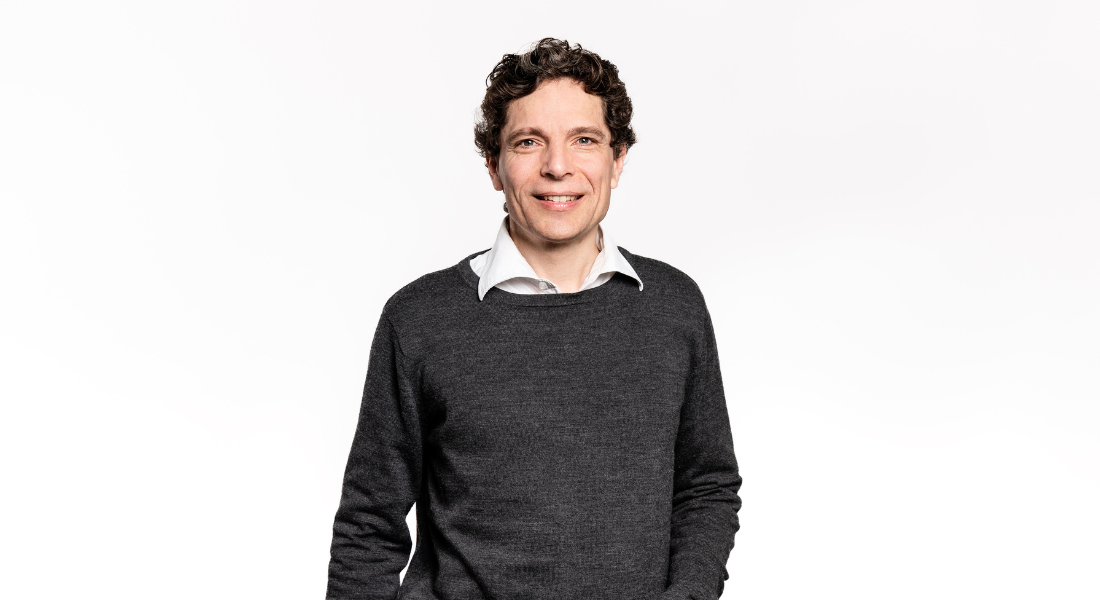Does Reduced Demand for Animal-Based Food Increase the Costs of Producing Organic Plant-Based Food?

Join this open online seminar with Arne Henningsen, Department of Food and Resource Economics, titled: Does Reduced Demand for Animal-Based Food Increase the Costs of Producing Organic Plant-Based Food? Economies of Scope in Conventional and Organic Farming.
About the seminar
The presented study is joint work with Jakob Vesterlund Olsen, Michael Friis Pedersen, Henrik Neldeberg Fallesen Ravn, Maria Tambour Rumberg and William Louis Reingaard Vissing.
Denmark has a political target of doubling its organic agricultural area by 2030 compared to 2018. However, in recent years, rising food prices and increased inflation have led to a notable decline in the demand for organic food products, particularly meat and other livestock products. As organic farms depend on synergies between crop and livestock farming, the recent decline in demand for organic livestock products could disrupt these synergies, challenging the growth of organic farming.
We investigate the synergies between crop and livestock farming in terms of economies of scope. We empirically investigate economies of scope by employing a Constant Elasticity of Transformation (CET) cost function to farms in Denmark and compare the results for organic and conventional farms.
The CES functional form allows different shapes of transformation curves and varying returns to scale, which is essential for investigating potential economies of scope. Estimation of cost functions usually relies on the assumption of exogenously given output quantities, which is unrealistic in farm production. To avoid this source of biases, we rearrange the cost function to a specification that is similar to an output distance function, allowing the output quantities to be endogenous.
Our empirical analysis of economies of scope compares the advantages of integrated organic farming due to synergies of jointly producing crops and livestock products with those of conventional farming.
How to participate
The seminar is open to all.
The seminar will take place online via Zoom
